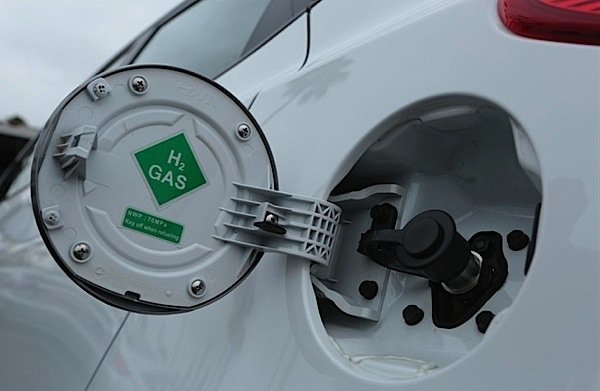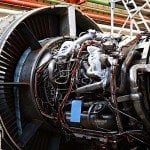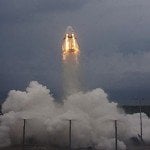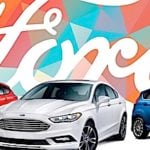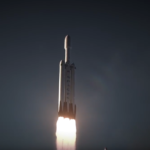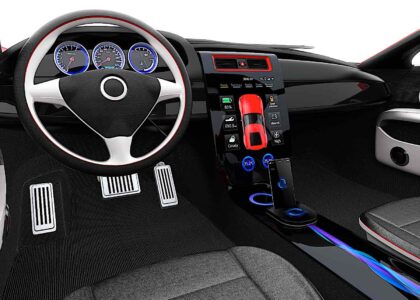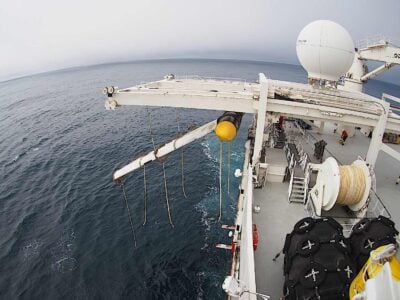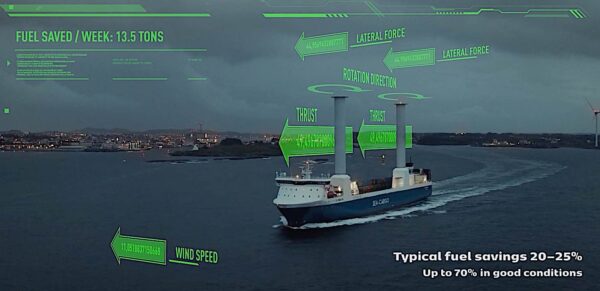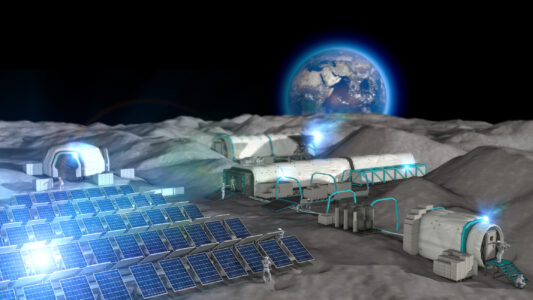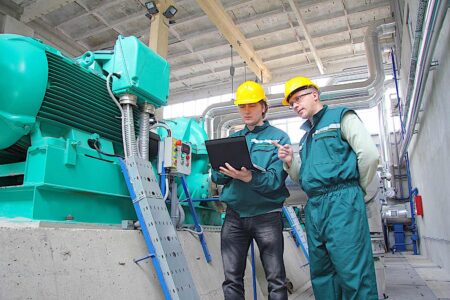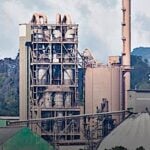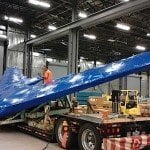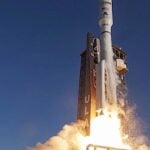A new survey from Hyundai Canada (Ipsos Reid) shows that Canadians have a strong preference for non–gasoline-powered cars. The consumer insight survey found that about three-quarters of Canadians would rather drive an alternative, but they don’t much like the electric option. Instead, two-thirds said they would prefer hydrogen. Even more, 77 per cent, believe that cars powered by hydrogen fuel cells are the way of the future. What’s more, 80 per cent of people surveyed believe the government should do more to support the development of this technology.
Even though gasoline prices have fluctuated wildly in recent months, a strong 74 per cent of Canadians still see the benefit of not depending on oil. An even greater number see the environmental benefit of producing no greenhouse emissions, a major benefit of hydrogen fuel cell vehicles.
The president of Hyundai Canada said that the appetite for hydrogen-powered vehicles is strong and “Canadians have spoken.” Fuel cell vehicles are now available in Canada but the hydrogen refueling infrastructure must follow. ”It’s time for other automotive manufacturers, governments, the hydrogen industry, and citizens to join us in this initiative,” said Don Romano.
Hyundai may well complain about the lack of support. Hyundai introduced its Tucson FCEV in Canada in January, 2015. It is the only hydrogen-fueled car available to the public, but only in the Vancouver market as of now. The reviews have been good, with writers praising its drivability, its range, and the lack of emissions. But without the infrastructure to support it, how can Canadians drive the cars? Sites like Automobile.com have advised Canadians not to buy the car, at least not yet. Another site, ecomento, reports that Hyundai has sold or leased only 273 Tucson FCEVs worldwide since production started in 2013. Again, the problem is the lack of fueling stations. While electric charging stations are relatively cheap to build, hydrogen stations are many times more expensive.
According to Hyundai, driving the Tucson FCEV results in 40 per cent less greenhouse emissions than driving a comparable gasoline-powered vehicle. This takes into consideration the emissions produced during the production of hydrogen fuel.
The car has a range of 420 kilometres, and a refueling time of just five minutes, making it much more attractive to consumers.
At the same time that Hyundai announced these pro-hydrogen sentiments in Canada, Toyota announced that the first mass-produced fuel cell vehicle, its own Mirai, has arrived in Europe. The Mirai is to be launched in the UK, Germany and Denmark in September. The hydrogen fuel supply and retail infrastructure is already being developed in those countries. The supply of Mirais allocated for Britain has already been sold out.

